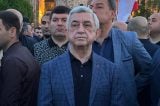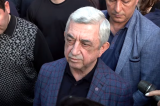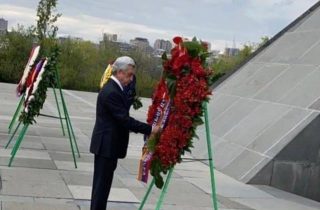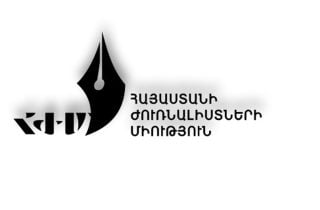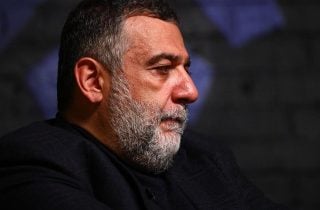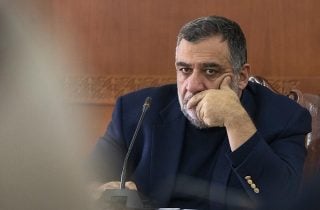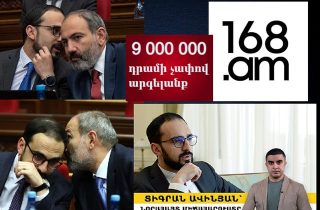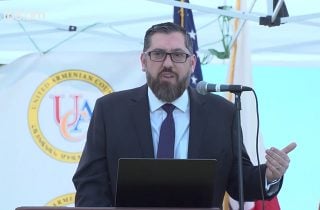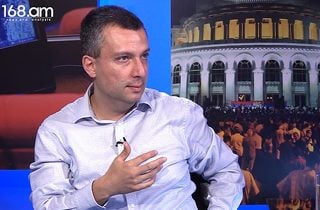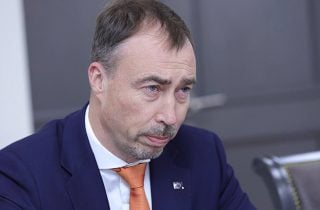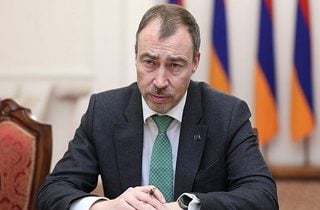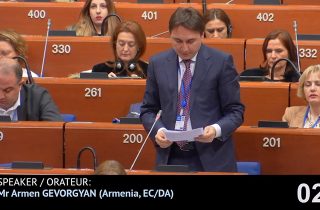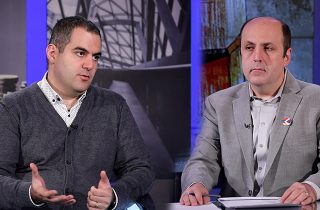We are All Idlers…
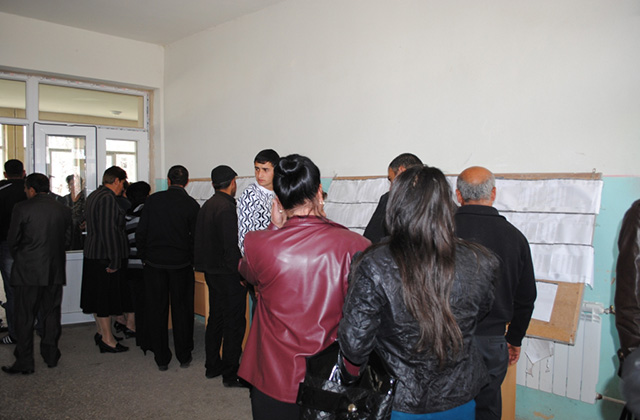
Elections are ahead. Those of local self-government bodies in autumn, then parliamentary elections after winter pause. Armenia enters the election stage and leaves post-electoral stage behind. It turns out, yet not entering, as, elections, the following stage of which is usually called post-electoral, as they are, haven’t been recorded, thus, post-electoral stage wasn’t recorded as well. And as what happened as elections, weren’t elections as they are, and years following them were simply the following elections, more exactly years of preparation for non-elections. And not Armenia enters a stage, which, again by inertia is called pre-election, realizing, remembering and predicting, that elections, as they are, won’t be recorded.
Distortedness of the electoral institute is Armenia’s most crucial, in-depth and insolvable issue, as distortedness refers to all participants of electoral process. Not only to candidates and the authorities nominated by them, which do their best to turn election into non-election, but also, in particular, to the voters, or, as it is, the mass being moved to the polling station, which, again by inertia, we call electorate. Electoral institute is distorted in Armenia, as not only the authorities forging elections, but the opposition, which makes use of election fraud, and the society, which in its opinion makes use of that very fraud.
The reality is that the society doesn’t have elections, need and demand for fair elections. It doesn’t have, as election is a difficult, extremely difficult action, which besides the tick put on the voter’s list, has lots of components. The most important from them is the that of electoral institute, which is accepted to name identification. Elections are delegating, passing of the authorities, belonging to the society, to people or groups of people, again to use liabilities of the authorities for the benefit of the society.
Electing a head of the village, MP or president, the individual and the society, as sum of individuals, the voter to this or that extent is identified with themselves or the contrary, identify themselves to the voter. And this means, that prior to electing head of a village or a president and identifying with himself/herself, the voter and the society, as a group of voters, should know who he/she is. Naturally, it refers to universal, comprehensive manifestation of the phenomenon, to which, again by inertia and to sound good, we call national identity.
Did we, as individuals and as a society, find answer to the question—which is our national identity, besides being identified with Mt. Masis, lavash of Garni, and khash of Aragats, and naturally, not being identified with Khorenatsi, Komitas and Charents?
We hadn’t found answer to that question, apparently we didn’t even seek for.
And as we didn’t find answer to that question, we vote by inertia, turning elections into non-elections. As non-identified society can’t separate individuals form it and by voting for them, identifies itself with the one it has elected. And it’s as non-aesthetic as normal, that expressions of non-identified society’s identification are Shmayses, Tokhmakhs and idlers. It’s normal, as maybe, in fact, the maximum is their type, to which at this stage our society let us not say is worth, but has reached to.
The flash mob trend has become contemporary recently, through which the society expresses its support to the one subjected to violence, killed or arrested, with “we are all…” motto. Not only for the reason that we are good at identifying ourselves to the victim but identification with the victim is the one freeing from the responsibility.
The victim is a memory, the memory—the past, and in the past actions are not needed. For this we succeed in not only flash mobs and actions identifying with individuals, but with 1.5 million victims.
And justice demands that maybe parallel to those actions, maybe launching flash mobs prior to that with slogans “We’re all Shmays,” “We’re all Tokhmakh” and what is the most important and characteristic “We’re all idlers.” In case of the latter being identified and not only with separate nickname bearers, but also expressing our attitude towards elections and the state, as its implication.
Elections are ahead. We’ll elect those, or without our voting, those will be elected, with whom we don’t live neither cultural, nor aesthetic, and fortunately, nor physical shock. And as we all know, the most crucial is the health.
By Garnik Gevorgyan




